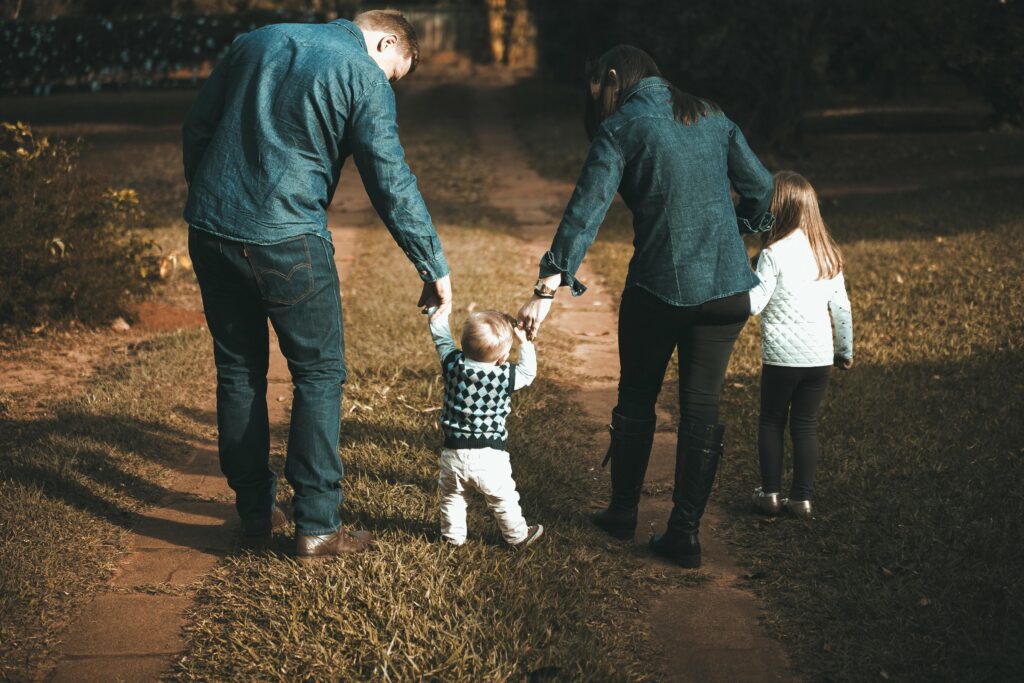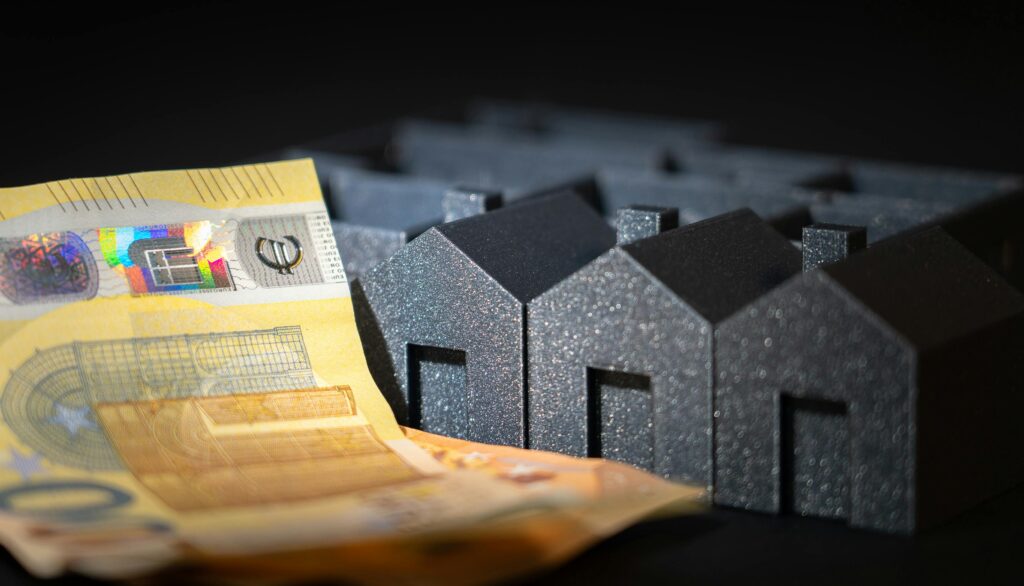Millions of people across the globe are reconsidering parenthood altogether. Whether it raises ethical issues or environmental considerations that dissuade individuals from parenthood, statistics show a decline in childbirths. The UN Population Fund report finds economic and sexist barriers, not shifting values, are driving declining birthrates.
High costs, job insecurity, world concerns, and a lack of partners prevent people from having the families they want. UN data also demonstrates that 1 in 5 adults across the globe cannot achieve their ideal family size due to factors beyond their control and not as a rejection of parenthood. However, the philosophical aspects and sentiments behind childbearing should not be ignored; they may result from current socio-economic conditions.
The Rising Trend of Choosing Not to Have Children

Choosing not to have children has become a rising trend over the past decade, especially in developed nations. Research from Michigan State University reveals that the percentage of Americans who are opting out of parenthood has doubled from 14% in 2002 to 29% in 2023. Research from MSU revealed little on why Americans do not want children. The UN report finds economic barriers are likely reasons. Concerns about the state of the world are also factors.
Pew Research Center data shows that 15% of men and 21% of women under 50 express no desire for children. The trend extends globally, with countries like Japan, Canada, and throughout Europe experiencing a decline in birth rates. Japan, in particular, has an aging population with birthrates rapidly declining due to attitude shifts surrounding traditional family views. These individuals identify as “childfree by choice,” distinguishing themselves from those who are “childless by circumstance” due to infertility or other barriers.
As women gain greater autonomy, societal values shift and new emphasis on work-life dynamics, traditional expectations about parenthood and family change. The rise correlates with increased education levels, particularly among women.
Economic Hurdles Shaping Family Choices

Economic constraints are one of the major hurdles dissuading adults from parenthood. A comprehensive UN Population Fund report found that 39% of respondents across 14 countries cite financial limitations as preventing them from achieving their desired family size. Other economic hurdles include job insecurity, high housing costs, and insufficient parental leave. 21% cite job insecurity, and 20% cite high housing costs as key factors for not having children.
Housing expenses alone account for approximately 30% of child-rearing costs in the United States. Childcare expenses have surged 200% over the past 3 decades, creating substantial financial pressure on families. Many couples find themselves choosing between homeownership and parenthood, as both are expensive endeavours to pursue.
Beyond just immediate costs, economic disparity, job insecurity and stagnant wage growth make long-term financial planning for children almost impossible. Young adults face higher living costs relative to income compared to previous generations, fundamentally altering family formation.
Career Priorities and Personal Freedom

In the modern age, societal value has shifted towards emphasizing career building. Career success and a desire for financial stability, along with greater freedoms, especially for women, have influenced this childfree trend. Research indicates that 61% of adults without children report that this choice made career success easier. The absence of childcare responsibilities allows for greater professional flexibility, including travel, overtime work, and career transitions.
The “DINK” (Dual Income, No Kids) lifestyle provides financial advantages and personal freedom that many find appealing. Over 65% of childfree women believe their reproductive choice positively impacted their careers. This includes the ability to take professional risks, pursue advanced education, and maintain work-life balance on their own terms.
Housing Costs and Economic Pressures

The ever-rising cost of housing and the current housing crisis in America create significant barriers to family formation. Research demonstrates that expensive housing markets delay first births by 3 to 4 years. A 10% increase in home prices correlates with a 1% decrease in births among non-homeowners. Paradoxically, births rise among existing homeowners due to greater financial security and flexibility for family formation. Housing affordability particularly impacts timing decisions around family formation. Couples often postpone childbearing until achieving housing stability, but rising costs make this increasingly difficult to achieve.
Societal Pressure and Workplace Discrimination

Societal attitudes towards childless adults have shifted. However, choosing not to have children still invites judgment and workplace discrimination. Research reveals that 72% of respondents noticed childfree workers being mistreated specifically because they lack children. This discrimination manifests through excessive overtime expectations, holiday scheduling bias, and assumptions about availability.
Workplace studies show that 69% of childfree employees experience pressure to work overtime more frequently than colleagues with children. Additionally, 63% report being denied time-off requests that would likely be approved for employees who are parents. This bias and assumption of a childfree employee’s time as illegitimate is a pervasive form of discrimination in the workplace.
Climate, Conflict, and Future Uncertainty

Climate action is now a prioritized consideration for the younger generations. Almost one-third of people aged 18-24 say environmental concerns make them want fewer or no children. Social anxieties about war, pandemics, and the uncertainty of the future exacerbated the reluctance to have children. Many young adults worry about bringing children into a world facing climate disaster, food insecurity, and rising conflict. Some see having children as unethical due to the current state of the world.
The Philosophy of Antinatalism

Antinatalism represents a philosophical position arguing that procreation is ethically problematic or wrong. Philosopher David Benatar’s influential work “Better Never to Have Been” argues that existence inevitably involves suffering, making non-existence preferable. This “asymmetry argument” suggests that while the absence of pain is good, the absence of pleasure is merely neutral.
Environmental antinatalism focuses on humanity’s ecological impact, arguing that reducing the human population benefits the planet. This perspective views reproduction as contributing to environmental destruction and species extinction. Some adherents advocate for voluntary human extinction through reproductive abstinence.
A New Definition of Fulfillment

The growing childfree trend shows a larger societal shift in defining what a successful, meaningful adult life is. Research consistently shows that life satisfaction levels remain equal between parents and childfree individuals across most age groups.
Choosing not to have children enables alternative paths to meaning through career achievement, creative pursuits, relationships, and community involvement. Many childfree individuals report deep satisfaction from mentoring roles with nieces, nephews, or community children without the full-time parenting commitment.

